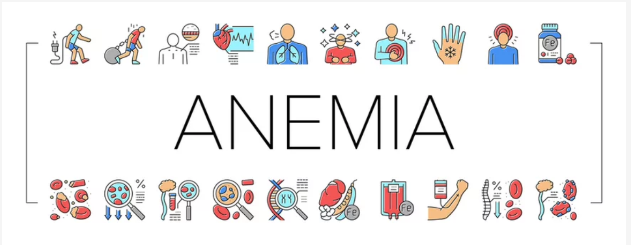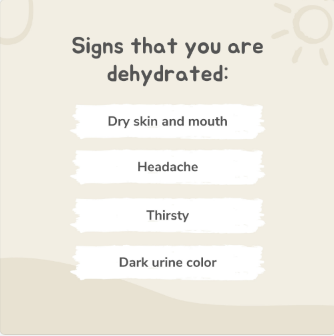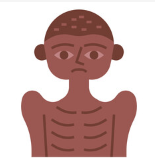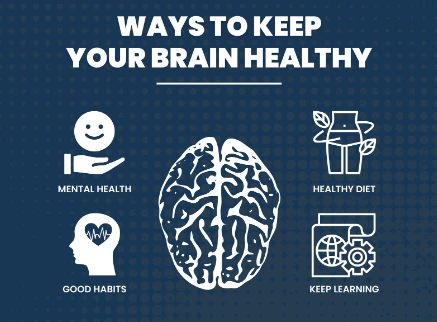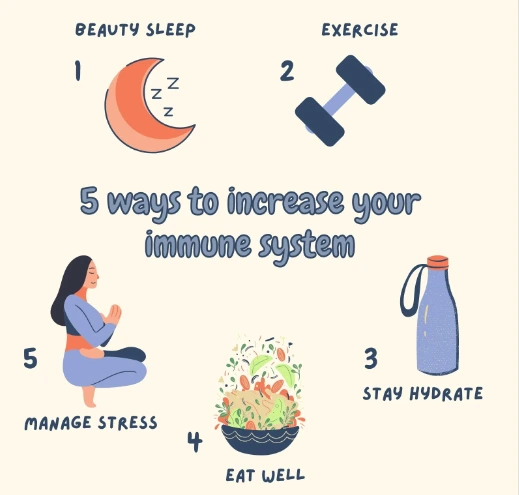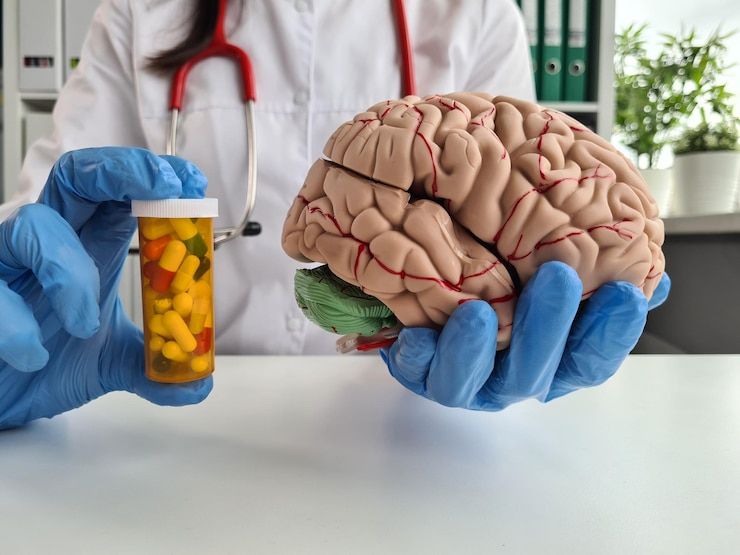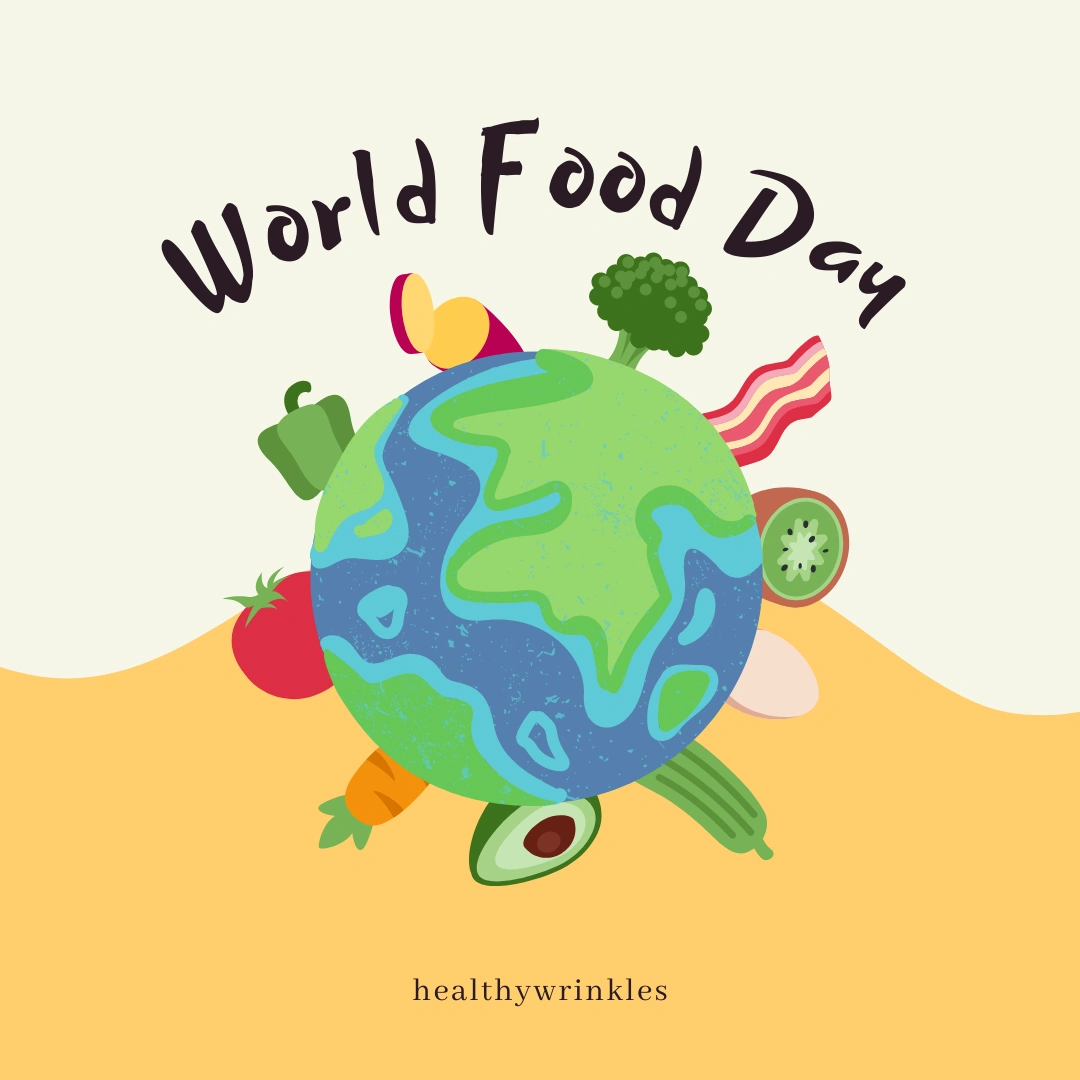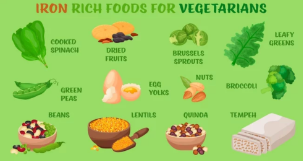Why is iron deficiency anemia more common among elders?
24-06-24
Iron is typically obtained through diet. However, iron deficiency anemia can be caused by a dietary deficiency or the body's inability to use iron correctly. Anemia has been defined as a Hb (hemoglobin) level of 13 g/dL in men and 12 g/dL in women.
Iron deficiency anemia in elders
The second most common cause of anemia in the elderly is iron deficiency. Blood loss, nutritional deficiencies, medications, cancer therapies, and poor absorption are the most common causes of iron deficiency in this age group.
- Long-term use of aspirin and non-steroidal anti-inflammatory drugs (NSAIDs) can result in significant bleeding in our stomach. Many doctors advise patients to take one small dose of aspirin per day as a preventive measure against heart disease. The blood loss from this practice is usually minimal. When taking aspirin-based drugs several times per day, a person can lose up to a half-cup or more of blood per month.
- Blood loss can also be caused by esophageal varices, ulcers, tumors, colon cancer, diverticular bleeding, or intestinal lesions.
- Iron-deficiency anemia takes several years to develop if there is no blood loss. Inadequate iron intake or absorption can occur in elderly patients who have poor diets, eat little meat, or have low stomach acid levels. Stomach acid is essential for iron absorption. When the acid is low or absent, the patient will eventually develop iron-deficiency anemia or pernicious anemia due to a lack of B12.
Management atips
A person suffering from iron deficiency anemia must ensure that they consume enough iron and other essential nutrients. Here are some pointers:
-
Consuming foods high in vitamin C and vitamins B9 and B12 to help improve iron absorption
-
Limiting the intake of foods that may block iron absorption, such as dairy or foods high in phytic acid
-
taking iron supplements with food to alleviate stomach discomfort
When to See a Doctor
Anyone over the age of 65 who is experiencing symptoms of iron deficiency anemia, such as fatigue and shortness of breath, should consult a doctor for a diagnosis. Individuals with underlying conditions that can impair iron absorption may want to talk to their doctor about ways to lower their risk of iron deficiency.
Disclaimer: Healthy Wrinkles does not recommend or offer any medical diagnosis, treatment, or advice. The information provided here is only for the awareness of disease or ailment among individuals, caregivers, and the public. The advice of doctors, licensed professionals, or therapists who are knowledgeable about your particular situation should always be sought before using the information provided here. It should also not be used in the event of a medical emergency or for the diagnosis or treatment of any medical condition. If you want urgent assistance, contact a qualified medical professional. Additionally, the information represents the author's views and not those of Healthy Wrinkles.
